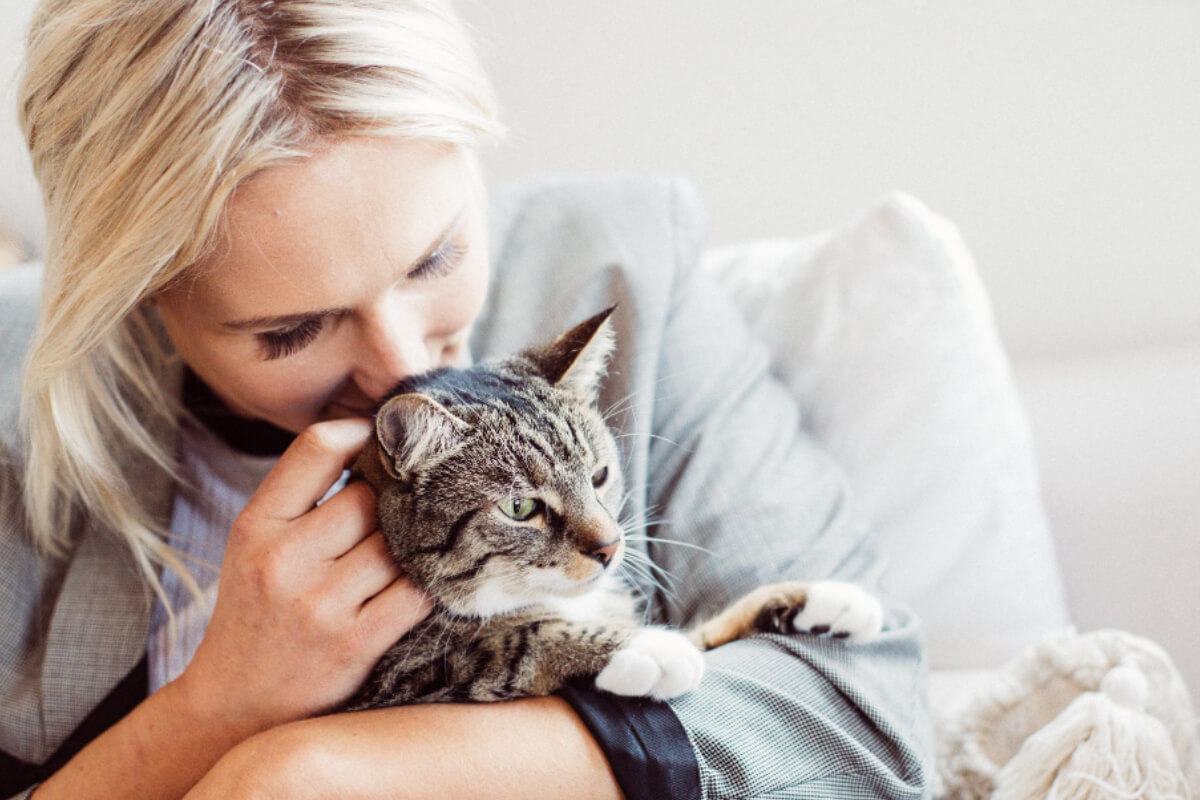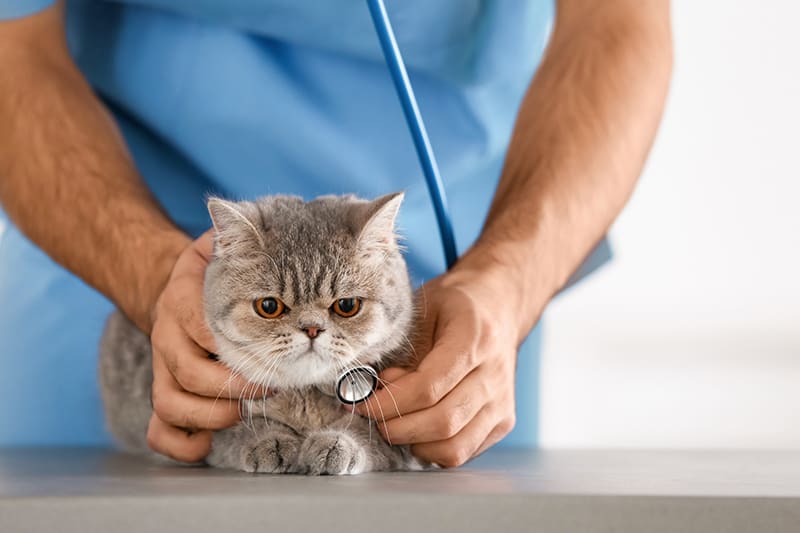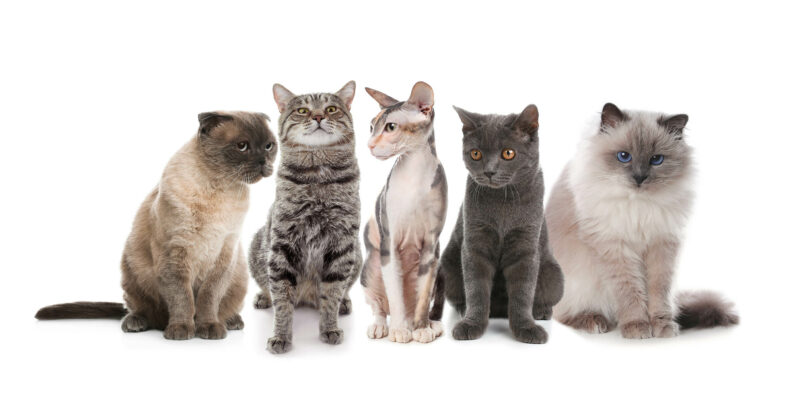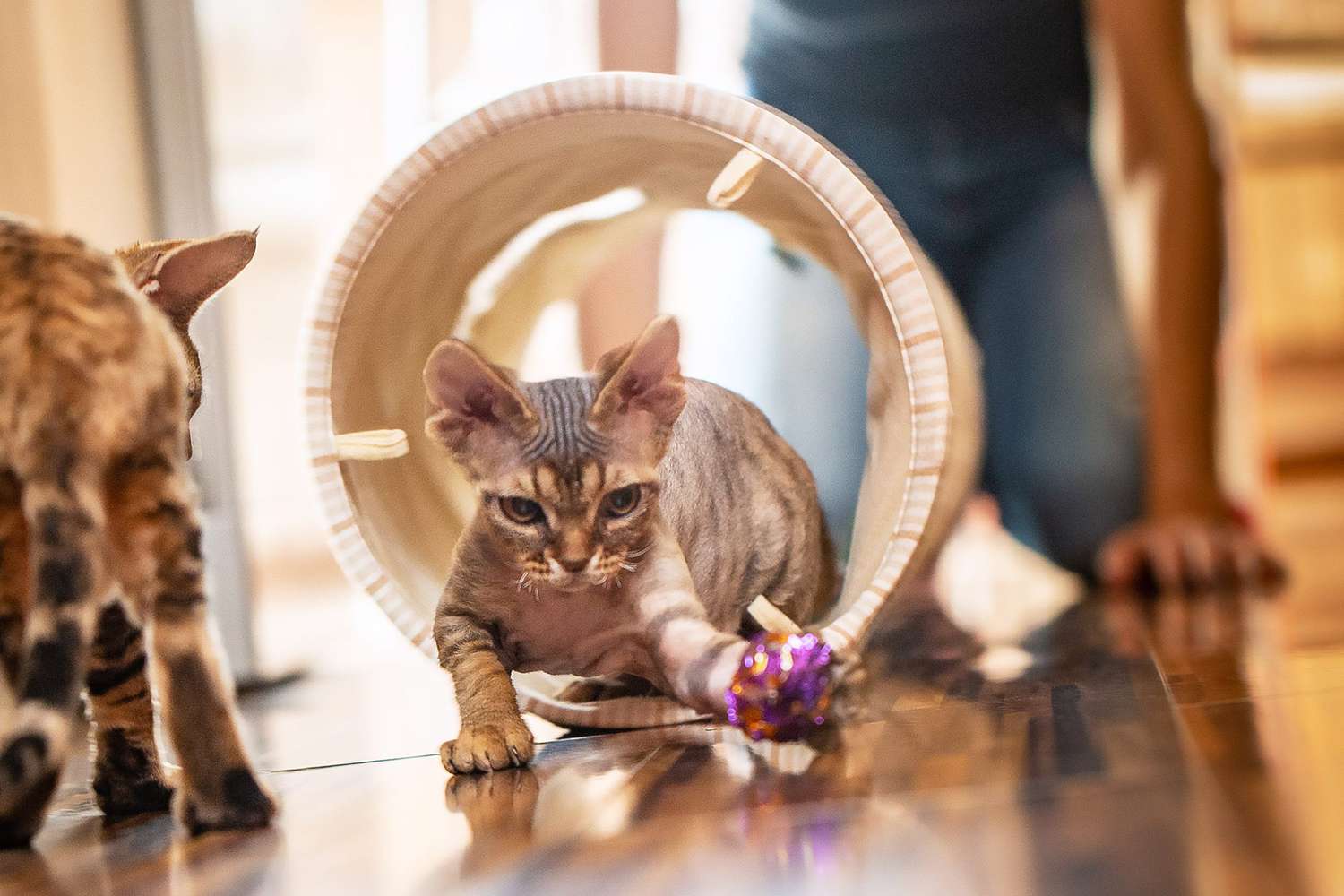Demystifying Cat Vaccination Schedules
Anúncios
Eating your cat and providing a place to sleep is only part of caring for it. Understanding and following the correct vaccination schedule is an important part of caring for your cat. We’ll take an in-depth look at cat vaccinations and make the schedule easier to understand so your favorite pet stays healthy and happy.
Why Cat Vaccinations Are Important?
Vaccinating your cat is the best way to protect him against many diseases. They create a wall of defense against certain viruses and bacteria by counting on the immune system to produce more viruses and bacteria. By vaccinating your cat regularly on a fixed schedule, you can significantly improve its health and give it a strong immune system.
What are Core and Non-Core Vaccines?
To develop a good vaccination program, it is important to understand the differences between core and non-core vaccines.
Core Vaccines
- Feline Panleukopenia (FPV): This virus is highly contagious and can be fatal, especially in kittens. It is also called cat distemper.
- Feline Calicivirus (FCV): This virus not only makes cats sick but can also cause more serious health problems.
- Feline Rhinotracheitis (FHV): Feline rhinotracheitis (FHV), also known as feline herpesvirus, is a virus that causes upper respiratory tract disease in cats and can last for a long time.
- Rabies: Rabies is a deadly virus that attacks cats and other mammals. Rabies vaccination is usually required by law.
Non-Core Vaccines
- Feline Leukemia (FeLV): Cats that are outside for extended periods of time or may be exposed to other sick cats should receive this vaccine.
- Feline Immunodeficiency Virus (FIV): This is recommended for cats that may be exposed to sick cats, especially in households with more than one cat.
Create a Vaccination Schedule for Cats:
Talking to your vet is important to develop a personalized vaccination plan for your cat that takes into account the cat’s age, health and lifestyle. However, the following general rules of thumb are:
- Kittenhood (6–16 weeks): Core vaccines are given through a series of vaccinations, usually starting at 6–8 weeks and continuing every 3–4 weeks until kittens are 16 weeks old.
- Adult Cats (1 year or older): Adult cats require additional injections after the first series of vaccinations to maintain immunity. Each injection provides a booster at a different time.
- Outdoor and High-Risk Cats: Cats that are outdoors or are more likely to get sick may need additional vaccinations, but they are not required by law. Talk to your vet about changing the plan to meet your needs.
Other Things to Consider When Vaccinating Your Cat:
1. Side Effects of Vaccines
Although side effects from vaccines are rare, it is important to know what to expect. Some of them feel a little tired, have brief pain at the injection site or have a mild fever. Anaphylaxis is an example of a serious side effect that can occur. After your cat has been vaccinated, keep a close eye on her and call your vet if you notice anything unusual.
2. Vaccine Titer Testing
Assessment tests measure the amount of antibodies in a cat’s blood to determine if it is immune to certain diseases. Titer testing is not a substitute for vaccines, but it can help you determine if your cat needs a booster shot or if immunity is still good.
3. Pregnant Cat
Pregnant cats should be up-to-date on basic vaccinations before having kittens. Typically, non-nuclear injections should be avoided during pregnancy. However, your vet can give you specific recommendations based on your cat’s health.
4. Cats Over 65 Years
Cats’ health can decline as they age. As your cat gets older, regular veterinary checks become more important. Depending on your cat’s health, your veterinarian may recommend changes to your vaccination schedule.
5. Keep Track of Health Data
Write down everything you remember about your cat’s injections, such as the type of injection, the date of injection, and veterinary information. You can use this file to track your cat’s health and for future reference.
Conclusion:
Clarifying your cat’s vaccination schedule is an important part of being a responsible pet owner. By staying informed and working closely with your vet, you can ensure your cat gets the right injection at the right time. A well-thought-out vaccination schedule can also help your cat stay healthy and live a long life. Remember: A healthy cat is a happy cat!
FAQs:
1. Should indoor cats be vaccinated?
Yes, vaccinations are also crucial for indoor cats. Although indoor cats may be less exposed to certain diseases, they are still at risk. Vaccines provide an extra layer of protection against potential health threats.
2. Can my cat be over-vaccinated?
Overvaccination is a problem and your vet will adjust the vaccination schedule to minimize unnecessary injections and keep your cat safe. Regular discussions with your veterinarian are essential to assessing your cat’s individual needs and lifestyle factors that influence vaccination schedules.
3. What are the signs of vaccine-related problems?
Common symptoms of vaccine-related problems include drowsiness, swelling at the injection site, and allergic reactions. It is important to note that this reaction is rare. If you notice any unusual behavior in your cat after vaccination, contact your vet immediately for advice.
4. Are there alternative vaccination schedules?
Your vet can adjust the vaccination schedule based on your cat’s health and lifestyle. Some cats may require different intervals or specific vaccines, depending on their individual circumstances. Always follow your veterinarian’s recommendations to provide your cat with the best care.
5. Can I vaccinate my cat at home?
The vaccination of cats at home is not recommended. A licensed veterinarian must administer vaccinations in order to ensure their accuracy and safety. Professional management also allows for a thorough examination of your cat’s overall health during vet visits.
malik
Publicado em: 25/12/2023





